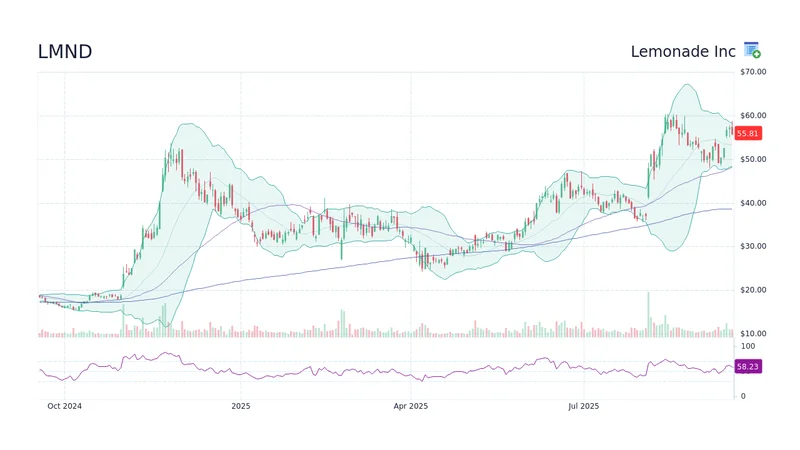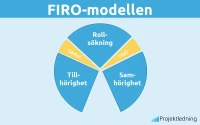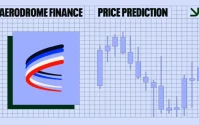Lemonade's Loss Isn't the Story: Why Investors Are Betting on a Future Without It
The Curious Case of Lemonade's Soaring Stock
Lemonade (LMND), the AI-powered insurance company, just released its Q3 2025 results, and the market's reaction is... well, let's call it "optimistically skewed." The stock jumped 27% despite the company still posting a net loss of $37.5 million. Now, on the surface, that seems counterintuitive. Loss-making companies typically don't see their stock prices surge. So, what gives? Lemonade stock skyrockets 27% despite Q3 loss – what's fueling the move?
The headline numbers tell a story of improvement, and that's what's fueling the rally. Revenue is up 42% year-over-year, hitting $194.5 million. Total premiums are up 30% to $1.16 billion. And the loss ratio – the percentage of revenue paid out in claims – has plummeted to 62%, a significant drop from 88% two years ago. Lemonade’s co-founder, Shai Wininger, even went so far as to call it the “strongest quarter in the company’s history.”
But let's not get carried away by the marketing spin.
Here's the crux of the matter: Investors aren't necessarily celebrating Lemonade's present. They're betting on its future – a future where the company finally achieves profitability. And the Q3 results, while still in the red, offer a glimmer of hope that this future might actually materialize. The company is projecting full-year revenue of $727–732 million, a 38% increase from last year. More importantly, they've reaffirmed their 30% growth target for 2026.
The key metric here is the loss ratio. A lower loss ratio means Lemonade is becoming more efficient at assessing risk and managing claims. Wininger claims the claims team is smaller, but new claims grew 2.5 times, showing efficiency. If Lemonade can continue to drive down its loss ratio, it edges closer to profitability. It’s like a leaky bucket slowly being patched; less water is escaping, even if the bucket isn't full yet.

Digging Deeper: Efficiency vs. Reality
But here’s where my skepticism kicks in. How sustainable is this improved loss ratio? Are they simply denying more claims? Are they becoming more selective about the customers they insure? The report doesn’t explicitly say, and that's a red flag. Details on how they achieved this improvement remain scarce, but the impact is clear.
And this is the part of the report that I find genuinely puzzling. The company claims the claims team is smaller, but new claims grew 2.5 times. This implies a massive increase in efficiency. But is it too massive? Are we sacrificing customer service for the sake of a lower loss ratio? These are questions that need to be answered.
Lemonade also faces significant risks. They operate in a highly competitive market, and they're subject to data privacy regulations, climate change-related risks, and evolving government policies. These are all potential headwinds that could derail their profitability plans.
One other thing to consider: Lemonade is heavily reliant on AI and machine learning. This is their core selling point – instant service, no paperwork. But AI is only as good as the data it's trained on. If the data is biased or incomplete, the AI could make flawed decisions, leading to higher claims payouts and a reversal of the recent improvements in the loss ratio.
After these results, Lemonade raised its predictions for Q4 and the full year 2025. For Q4, it expects revenue of $217–222 million and total premiums around $1.2 billion. For the full year, revenue is expected to be $727–732 million, a 38% increase from last year.
This Rally's Built on Hope, Not Hard Numbers
Lemonade's stock jump isn't about Q3 profits (because there aren't any). It's a vote of confidence in the company's long-term potential. Investors are willing to overlook the current losses because they believe Lemonade is on the right track. But that belief is based on a few key assumptions: that Lemonade can continue to drive down its loss ratio, that it can maintain its growth trajectory, and that it can navigate the various risks it faces. If any of those assumptions prove to be false, this rally could quickly turn into a rout. So, while the market is celebrating Lemonade's "strongest quarter ever," I'm still waiting to see the hard numbers that prove this isn't just a temporary blip.










